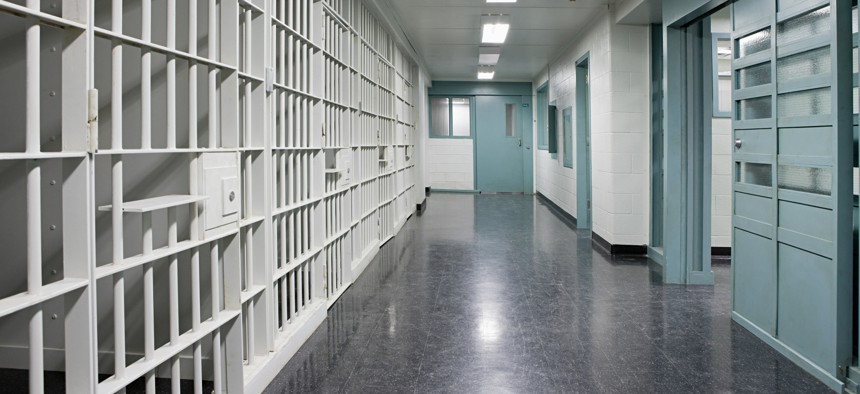New Orleans leans into data to reduce over-incarceration

GettyImages/ Image Source
A $474K grant will provide the city with data and analytic assistance to reduce over-incarceration and address racial and ethnic disparities in the criminal legal system.
To address racial and ethnic disparities in its local criminal legal systems, New Orleans is creating a blueprint for reform using data-driven analysis and community engagement.
With the help of a $474K grant from the John D. and Catherine T. MacArthur Foundation, the Mayor’s Office of Criminal Justice Coordination (OCJC) and Total Community Action (TCA) will work to reduce over-incarceration. The funding will provide the two organizations with qualitative and quantitative data and analytic backing, in addition to training, technical assistance and peer-to-peer support.
The grant is a part of the Safety and Justice Challenge, a $300 million national initiative to reduce over-incarceration and address racial and ethnic disparities in the local criminal legal system. SJC chose New Orleans along with Cook County, Ill., Philadelphia, Pa. and Pima County, Ariz., to take part in its Racial Equity Cohort.
Siloed criminal justice data have made it difficult for officials to analyze the information across agencies, especially in a timely manner. But this funding and support has changed that, allowing for more transparency and accessibility to this information.
Since the organization first began collecting data on jail populations, SJC has largely seen significant declines in the overall and pretrial populations for people of color across the 57 participating cities, counties, and states that submitted case-level data for analysis from May 2016 to April 2019, according to data collected by the City University of New York's Institute for State and Local Governance,
As of this past November, cities and counties that submitted case-level data to SJC for analysis have collectively reduced jail populations by 26%, which equates to nearly 20,000 fewer incarcerated individuals. More than half of the overall decline in jail populations came from reductions in those confined for pretrial proceedings or awaiting action on their cases.
And while SJC has seen widespread improvement in incarceration across all of its sites, data has shown that people of color are still disproportionately affected. “Jail population declines for Black people equaled or exceeded declines for White people in only 3 of 17 reporting sites,” an SJC blog post said.
In New Orleans, officials have been able to slash the overall jail population by more than half their initial baseline figure – however, the reduction was more pronounced for white individuals at 60%, than Black or Latinx members at 51% and 25%, respectively.
“This grant award is another important step to continuing to pursue our vision of centering racial justice and making strides to reduce racial inequities within our local criminal legal system," New Orleans Criminal Justice Commissioner Tenisha Stevens said. "It takes all of us to hold our criminal legal system accountable to be fair and equitable and provide comprehensive justice for people at each point in the system."





